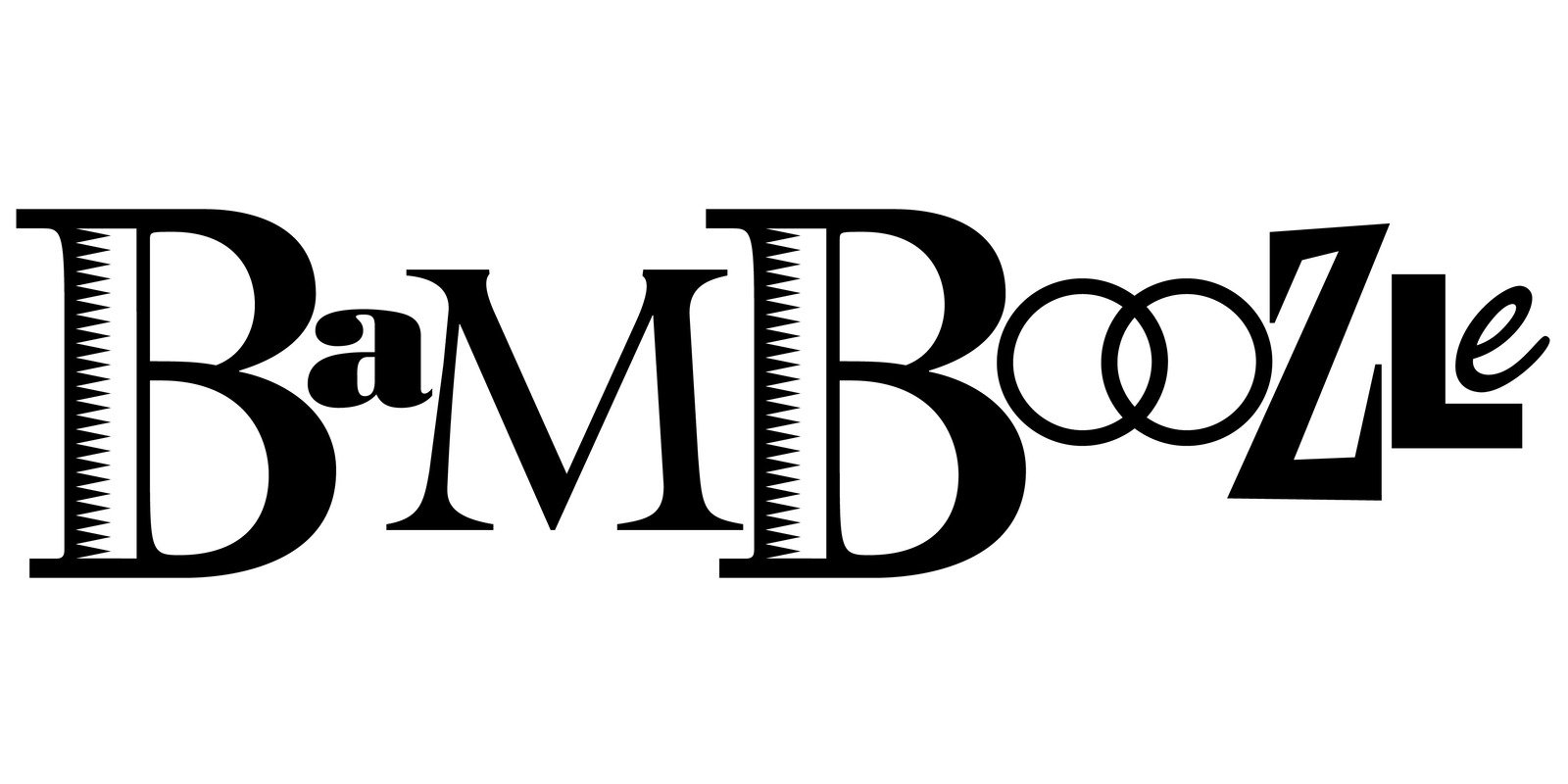

Don't be a victim of buzzwords and the art of semantics
THE REALITY in 2017 is that software patents are practically dead in the US courts. Sure, examiners still grant some (even at the EPO), but courts say "No!" almost every time (the higher the court, the more likely the rejection). Law firms that promote software patents consciously waste people's time and money; after all, what do/why should they care about the outcome? They make money from legal fees either way (no matter the outcome). Yesterday we saw this article titled "Drafting Software Patents Post-Alice: Lessons From Courts" (which ones, district courts?).
Much of the article is behind a paywall, but the introduction says: "Since the decision in Alice[1] three years ago, applicants, patent practitioners and even patent examiners are trying to sort out what is and is not an abstract idea in the software arts for patentability purposes. With no clear objective test, each new decision potentially provides guidance on what may be determined to be abstract, and also may provide clues on how to better structure claims and specifications to avoid or at least overcome Alice-related rejections."
But given the repeated rejection of such patents, what's the point? Changing the words might help fool examiners into granting software patents, but courts (with witnesses, expert testimonies etc.) will almost always reach the same conclusion. Don't bother. Don't try to pursue software patents anymore. Don't believe these law firms. They just try to make money for themselves, not for clients.
As Cloud IPQ will continue to demonstrate, a growing but often overlooked trend of NPE patent litigations against cloud computing providers and users has emerged in recent years. While many NPEs target big technology companies like Apple, Google and Microsoft, Uniloc has cast a wider net that includes health service providers, gaming companies and software developers. In less than two years, Uniloc has filed 59 district court cases against 39 defendants in the cloud computing space. The patents asserted relate to cloud software and platforms capable of remote network access and management in fields ranging from business management, software and game security, identity management, critical infrastructure security, and IP rights management. The lawsuits target both cloud computing providers (e.g., Nexon, Blackboard, Netsuite, Nutanix, etc.) and users (e.g., Riot Games, AthenaHealth, H&R Block, etc.).
It is clear from the above that Taiwanese corporations lag much behind their foreign competitors in developing IoT technology. Moreover, according to the IoT patent report published by the UKIPO in 2014 and that by LexInnova in 2016, Chinese corporations were among the top three IoT patent applicants. However, none of the top ten IoT patent applicants in Taiwan came from China.
IoT technology is closely related to software development. Whether a patent can be granted depends greatly how the claims are drafted. Since the regulations and standards for assessing the patentability of software-related inventions are slightly different in each country, one should consider those differences in order to ensure the patentability of his/her invention. All the possible scenarios that may occur during enforcement must also be considered in claim drafting; otherwise, even if a patent is granted, the patent holder may not be able to enforce his/her patent against others.